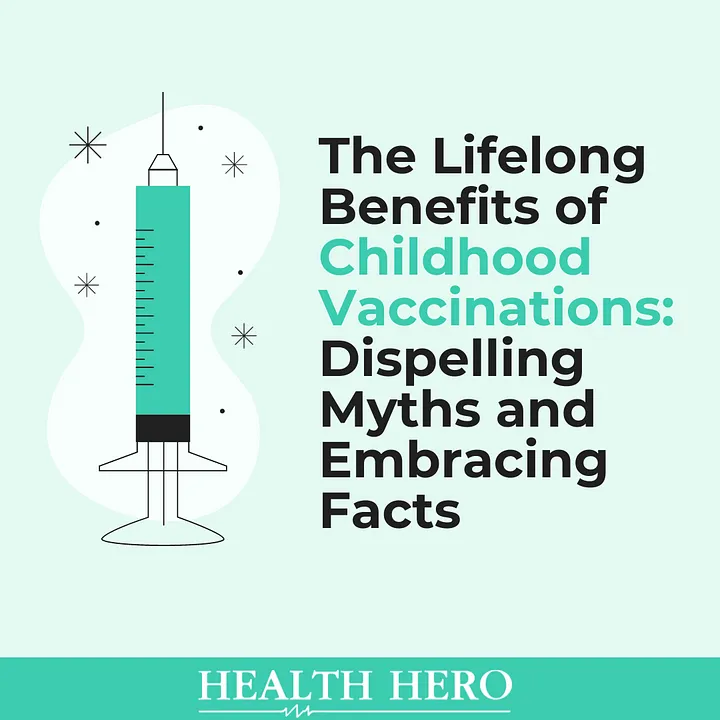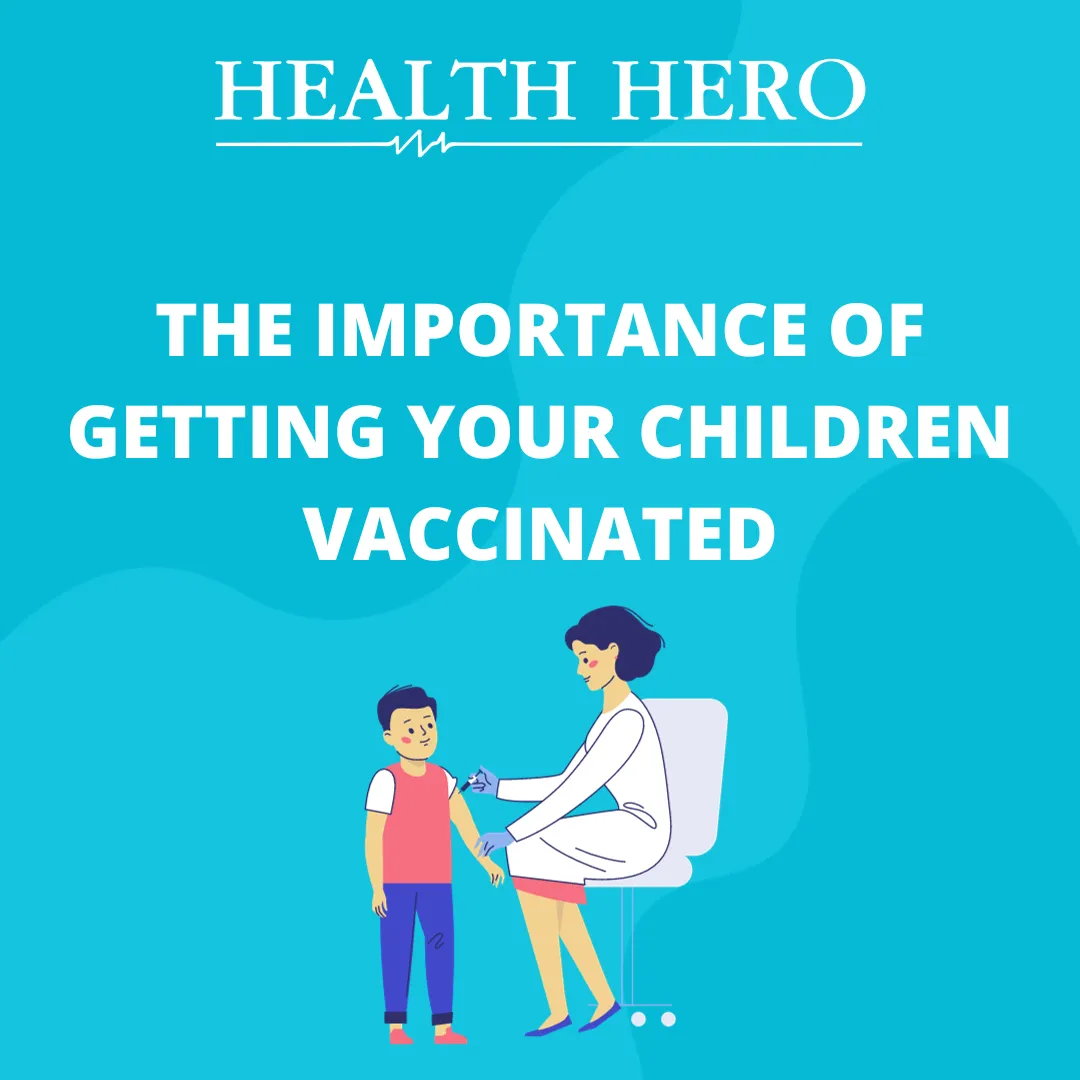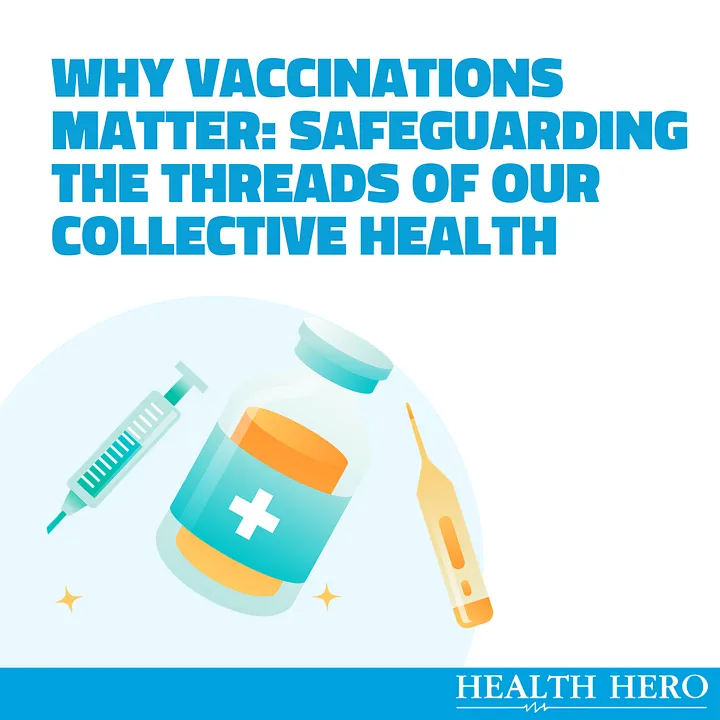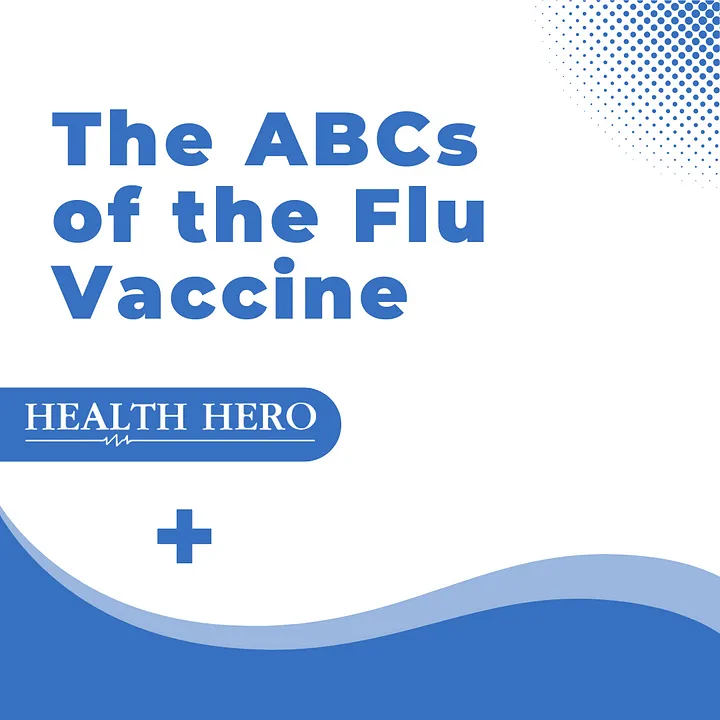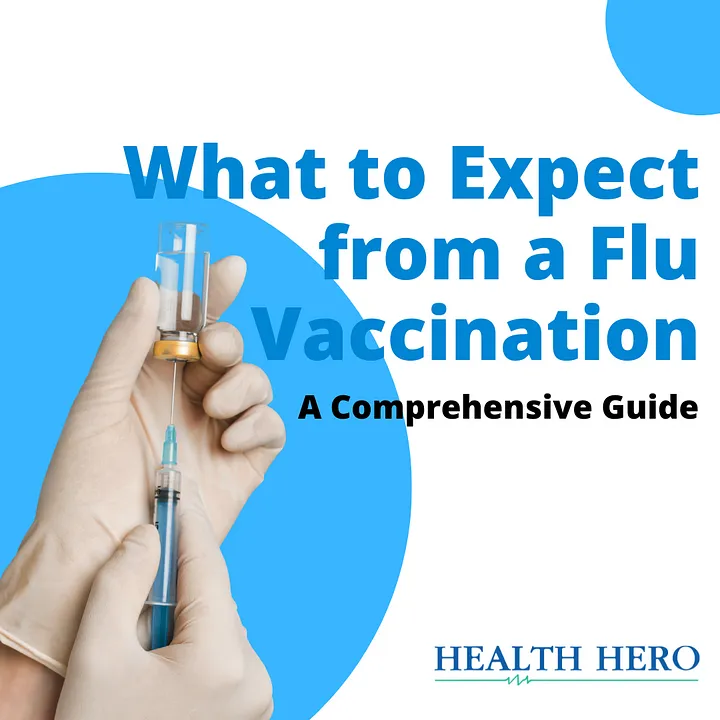In the modern age of medicine, few achievements rival the triumph of vaccinations in safeguarding human health. Yet, despite mountains of evidence regarding their safety and efficacy, some persist in perpetuating myths about their dangers. One particular concern is that childhood vaccines, including the flu shot, may harm children’s long-term health. It’s crucial to address this misconception with the weight of scientific evidence.
Extensive Research and Monitoring
Before approval, vaccines undergo rigorous testing in multiple stages of clinical trials to ensure they’re both safe and effective. Post-approval, surveillance systems monitor adverse events, continually evaluating the safety of vaccines. The evidence overwhelmingly supports their safety profile.
Decline of Once-Common Diseases
The real-world impact of vaccines is undeniable. Diseases that once claimed thousands of lives or caused severe disability, such as polio, measles, and whooping cough, have significantly declined or been eradicated in regions with robust immunization programs.
Immunization and Natural Immunity
A common argument is that natural infection provides better immunity than vaccination. While natural infection can lead to strong immunity, the risks are considerably higher. For example, natural measles infection might confer immunity but can also result in severe complications or even death. The measles vaccine, on the other hand, offers immunity without such risks.
No Link to Chronic Illnesses
Claims that vaccines are linked to chronic illnesses or developmental disorders have been exhaustively studied and debunked. The claim linking the MMR vaccine to autism, for instance, has been thoroughly discredited, and the original study making this claim was retracted.
Ingredients in Vaccines
Concerns over vaccine ingredients, such as thimerosal or aluminum, have also been addressed. When used in vaccines, these substances are present in amounts safely processed by the body and have been shown not to cause long-term harm. Many vaccines no longer contain thimerosal and those that do have a version without it for those who request it.
Vaccines and Immune System Overload
The idea that vaccines can overwhelm the immune system is a misconception. From birth, the human body encounters many foreign substances and pathogens. The antigens in all the vaccines a child receives in the first two years of life are just a fraction of what a child’s immune system handles daily.
Childhood immunization stands as one of the most successful and cost-effective health interventions. The evidence resoundingly shows that vaccines are safe and life-saving. As a society, it’s our responsibility to ensure that public health decisions are based on facts, not fear. Trusting in rigorous science and decades of real-world evidence, parents can feel confident in the lifelong benefits vaccines offer their children.
